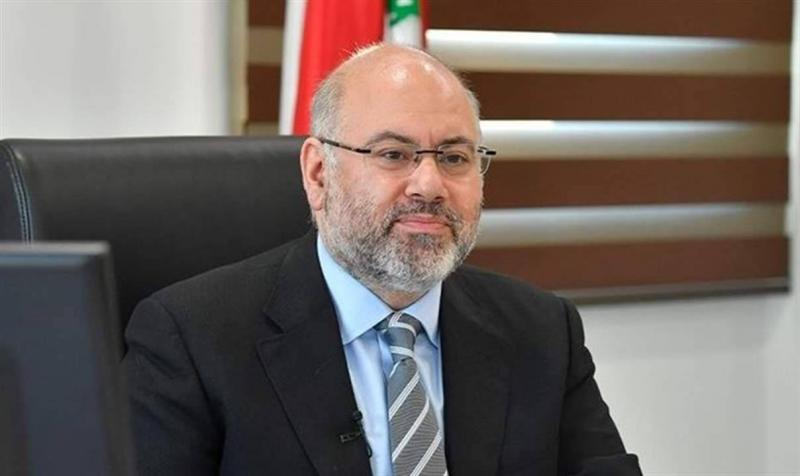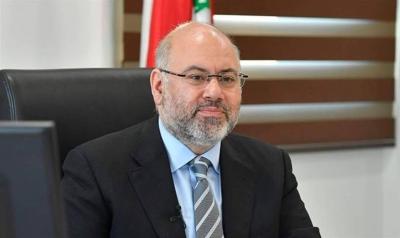Today, Wednesday, Prime Minister Najib Mikati met with Minister of Public Health Firas Al-Abyad at the Grand Serail. Al-Abyad stated after the meeting, "The meeting with President Mikati addressed the epidemiological situation in Lebanon, especially the COVID-19 pandemic. As the ministry has said before, we are seeing an increase in the number of cases, which is typical during the summer season. The Ministry of Health is monitoring cases in hospitals and outside, and currently, our figures indicate that there is an increase in cases, but the situation in hospitals is under control, with very few cases requiring intensive care. Therefore, we reiterate our emphasis on prevention, and we advise patients with underlying conditions—who are more susceptible to infection—to get vaccinated to protect themselves. We also advise those with symptoms to avoid close contact, and those with immune issues to use personal protective measures like masks. The Ministry of Health will keep citizens informed of any updates on this matter."
He added, "The second topic we discussed was cancer medications and serious illnesses. I recall our previous meeting with the Chairman of the Health Committee, MP Bilal Abdullah, and the committee members with President Mikati, where it was emphasized that this is a red line. Support is ongoing, and funding is available. This will be a focal point of the meeting between the Prime Minister and the Acting Governor of the Central Bank, Wassim Mansouri, to continue the mechanisms in place to ensure these medications for the Lebanese people. This issue, as I said, is a red line for the Lebanese government."
Al-Abyad pointed out that they "also discussed the topic of dialysis, ensuring supplies due to shortages faced by some importers. A meeting will be held tomorrow at the Ministry of Health between the official guarantee institutions, importers, and the Hospitals Syndicate to explore solutions to this issue. I confirm that the service provided to dialysis patients will continue, and any solution will not be at the patient's expense, with no additional costs for the patient."
He continued, "We informed the President about some new projects that will be inaugurated in some public hospitals, related to cancer patient services, in addition to expanding some dialysis units, which will assist patients and facilitate their movement, so they do not need to travel long distances to receive services."
Al-Abyad noted that "public hospitals are playing a vital role with the most vulnerable populations, providing services and alleviating the burdens of costs that sometimes private hospitals require from them."
In response to a question about the shortage of cancer medications, he said, "This matter always arises when there are issues related to funding, as we notice that some companies abroad delay sending these medications. We have managed to resolve this issue by establishing a mechanism, and a meeting will be held next Friday with the Importers Syndicate to clarify the points. However, medication is currently secured through the existing tracking platform, with the majority of medications available. The claim that 40% of medications are unavailable is not true at all."




